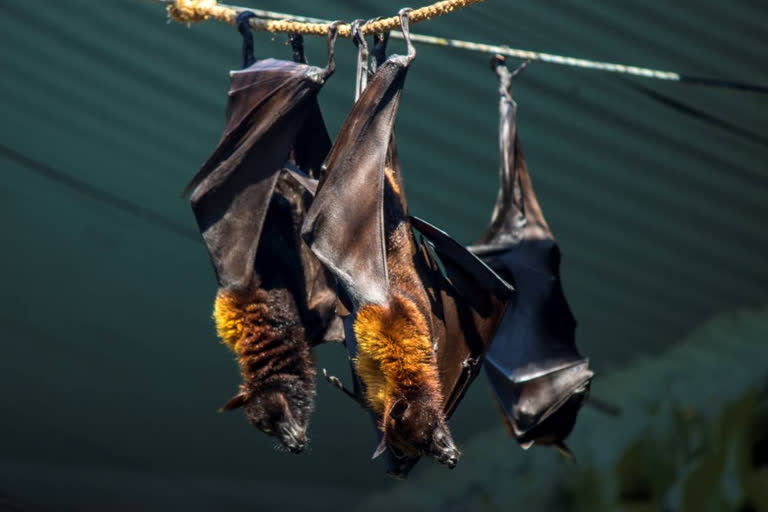Ernakulam: After claiming the lives of 17 people in Kerala last year, the deadly Nipah virus seems to have resurfaced in the state. State Health Minister KK Shylaja has confirmed that a 23-year-old man has been tested positive for the virus in Kerala's Ernakulam.
According to the World Health Organisation (WHO), Nipah virus is a newly emerging disease that can be transmitted from its reservoir (natural wildlife host) and the flying foxes (fruit bats) to both animals and humans.
It takes its name from Sungai Nipah, a village in Malaysia where it was first identified.
Here is all you need to know about the deadly virus
What is Nipah virus?
Nipah virus is a zoonotic virus (it is transmitted from animals to humans) and can also be transmitted through contaminated food or directly from a contaminated person.
In infected people, it causes a range of illnesses from asymptomatic (subclinical) infection to acute respiratory illness and fatal encephalitis.
The virus can also cause severe disease in animals like pigs, resulting in significant economic losses to farmers.
How does it spread?
The fatal Nipah virus usually spreads from animal to animal but in some rare cases, it also spreads from animal to humans.
Pigs and bats are usually the animals responsible for the spread of this infection in humans.
Symptoms
Symptoms range from asymptomatic infection, acute respiratory infection (mild, severe), and fatal encephalitis. Infected people initially develop influenza-like symptoms of fever, headache, myalgia, vomiting and sore throat. This can be followed by dizziness, drowsiness, altered consciousness, and neurological signs that indicate acute encephalitis.
Some people can also experience atypical pneumonia and severe respiratory problems, including acute respiratory distress. Encephalitis and seizures occur in severe cases, progressing to coma within 24 to 48 hours.
Precautions
